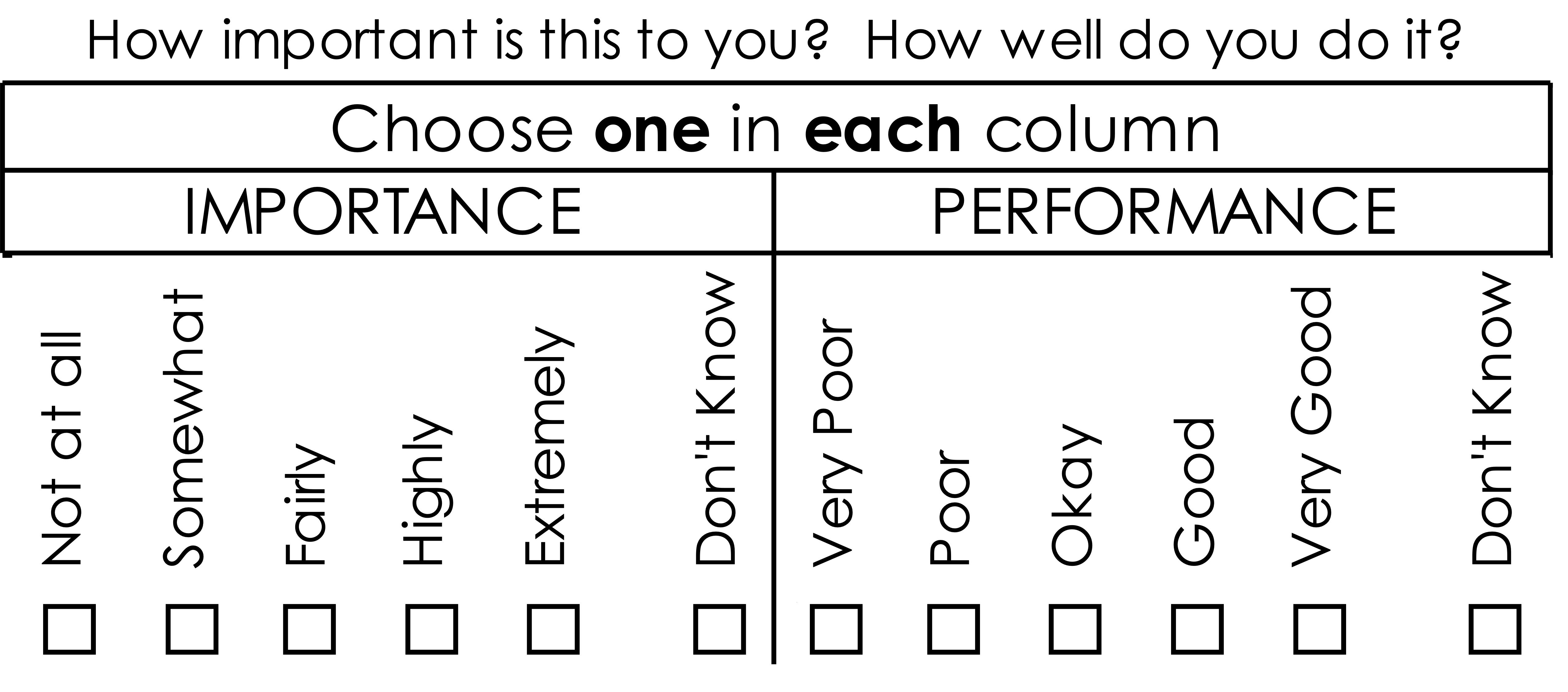Know How to Stop Making Assumptions and Find Facts
- Home
- Basic Productivity Skills
- How to Stop Making Assumptions
As a leader, it's crucial you know how to stop making assumptions and find the facts. The facts are needed to avoid making decisions based on faulty information.
The facts could save you a lot of grief, and contribute positively to your personal and organizational reputation and respect.

Get your facts correct. As soon as someone else questions
your accuracy, things are going to slow down. Your thoroughness will be in question.
Don’t assume. As far as is possible go right to the source and get your information. Then take the time to review that information well before presenting it.
Effective people are respected because they have good information at their fingertips. If they don’t have it, they are given grace because they know where to find it fast.
They have learned how to stop making assumptions and operate with as many facts as possible.
Those who are perceived as guessing and assuming don’t garner many points on credibility and reliability.
"I think it's fairly true that most people aren't that interested in recognizing the truth and orienting 100 percent around it. To do so could be fairly disruptive to the status quo and even to how the person is getting their needs met."
Thomas Leonard, The Portable Coach
Five Days of Coaching on How to Stop Making Assumptions
DAY ONE
Assumptions have scuttled a lot of
potential relationships, deals and collaborations. Take time today to reflect on the times you
assumed or guessed and it didn't turn out well.
Determine today that as far as possible you will seek to get the facts,
not the assumptions, before taking any kind of action. It's not always
possible. But when it is, do it.
The Coach asks:
- In your leadership, how often is it advantageous to move forward based only on an assumption? When have you found your assumptions turn out to create a problem?
- How has your confidence risen when you did your homework, had the facts, and were sure of what you were talking about?
- When it comes to the things you present, the references you cite, or the information you build decisions on, how do you wish to be known by others you lead alongside?
- Review a time when someone absolutely did not have the correct information, but moved ahead anyway, and it went terribly wrong? What was the end result? Who and what did it affect? What were the long-term implications?
DAY TWO
Get the facts in preparation for your next meeting. Do you have good, reliable information for the part you may play in that meeting?
The Coach asks:
- How much time are you willing to put into preparation for a meeting? How much information is enough? How willing are you to move forward with less than complete information?
- Who might assist you in gaining the information you need? How can you make best use of them?
- Identify those few who might not always have "done their homework." How can you assist them to elevate their readiness for meetings?
- How would you like to see meetings conducted from here on, where critical information is needed for decision making?
DAY THREE
How well do you access factual information? Do you know where to get it? Are your sources accurate? Obviously the more objective the matter under consideration, the greater the need for accuracy. Take time today to make an analysis of your sources of information. It doesn't have to be exhaustive, but it should satisfy you that you have good sources for the things that matter.
The Coach asks:
- How have to you traditionally determined a source to be reliable? How do you verify or cross-check critical information? Do some research today on how to access reliable sources.
- What sort of situations and decision-making require greater accuracy? If at all, what situations and conversations might require less?
- How satisfied are you that you and your team are accessing the best information you can get your hands on? What can you do to improve that?
DAY FOUR
Work with your key staff today around building credibility and reliability through the use of accurate information. Are there any entrenched system-wide problem areas that need to be addressed?
The Coach asks:
- What system-wide areas might need to be addressed? In other words, what has become entrenched practice, but needs to be changed?
- If poor, inaccurate or outright falsified information keeps coming up, what is within your power to do something about it? What will you do?
- How might some type of written standard serve to improve the gaining and usage of key information?
- What have you learned thus far about how to stop making assumptions, and operating on as many facts as possible?
- What will you do next?
DAY FIVE
Try to notice the assumptions you make today. There may be a lot of them. Is there further action you need to take to deal with this? Watch particularly for assumptions in the area of interpersonal communication and relationships. Choose to stop assuming.
The Coach asks:
- What have you assumed today? How have you acted on those assumptions you made? What did your actions affect?
- What individuals or groups have you made assumptions about for some time now? Be honest? Give some time to thinking about this?
- How has your communications been influenced by your assumptions? What needs to be adjusted?
- How has your business or organization benefited from getting the facts and avoiding falsehood? What has this cost you? How has it been worth it?
Carefully Investigated Everything

As a Christian Executive Leadership Coach I encourage Christian leaders to reflect on God's Word to add to their wisdom.
- Jn 8:32 Then you will know the truth, and the truth will set you free.
- Col 2:8 See to it that no one takes you captive through hollow and deceptive philosophy, which depends on human tradition and elemental spiritual forces of this world rather than on Christ.
- Lk 1:2,3 .. just as they were handed down to us by those who from the first were eyewitnesses .. With this in mind, since I myself have carefully investigated everything from the beginning, I too decided to write an orderly account for you, most excellent Theophilus, so that you may know the things you have been taught.
- Ac 21:34 Some in the crowd shouted one thing and some another, and since the commander could not get at the truth because of the uproar, he ordered that Paul be taken into the barracks.
- Pr 18:13 To answer before listening, that is folly and shame.
- Pr 23:23 Buy the truth and do not sell it - wisdom, instruction and insight as well.
If you are a leader, executive, or senior level professional looking to work with a Christian Executive Coach, I invite you to connect with me here.
If appropriate, we can meet by phone or Zoom to discuss your situation.
Record Your Progress
This is your opportunity to track your progress. Start by asking yourself how important this practice is to you? Record the importance as - not at all, somewhat, fairly, highly or extremely.
Now next to it ask yourself how well you carry out this practice. Record your performance as - very poor, poor, okay, good or very good.

The things we track, we pay attention to. Across time, come back and record your new results. You will find that as you are intentional about making improvements, you will bump your "score" up higher.
This is significant. Don't miss the opportunity to acknowledge your success, and use it as a springboard for making even further gain.
Notes
We've gone through an almost unbelievable several years where misinformation, lies, assumptions, and distortions have been passed off as truth, as factual. It's almost like people have been deluded into believing almost anything.
It's become mainstream to lie, even in face of the bald facts. Lying is common in covering up to avoid responsibility. It's crippling our society in ways we don't even yet fully understand.
This kind of thinking and susceptibility has bled over into work as well. You need to be particularly diligent to ensure you and your team are always working with the facts. Be a leader and executive of integrity.
Contact me here Privacy Policy
© G.E.Wood and Associates. All Rights Reserved in all media.
G.E. Wood and Associates is an international coaching firm registered in Ontario, Canada
142 Pratt Crescent, Gravenhurst, Ontario, Canada, P1P 1P5